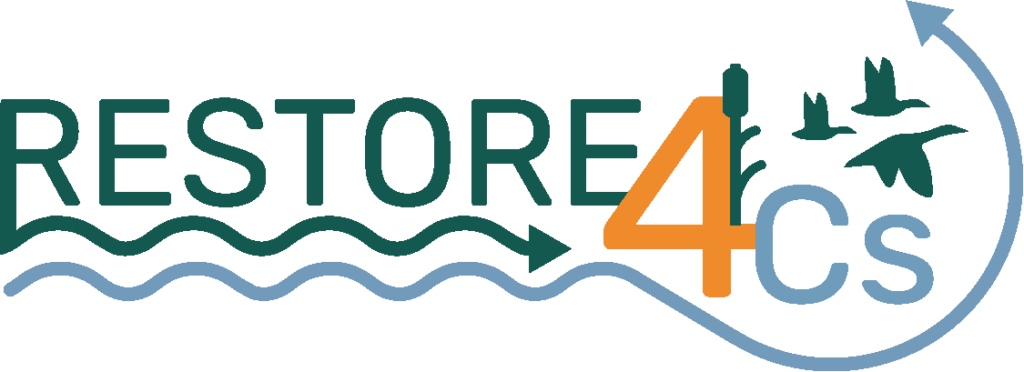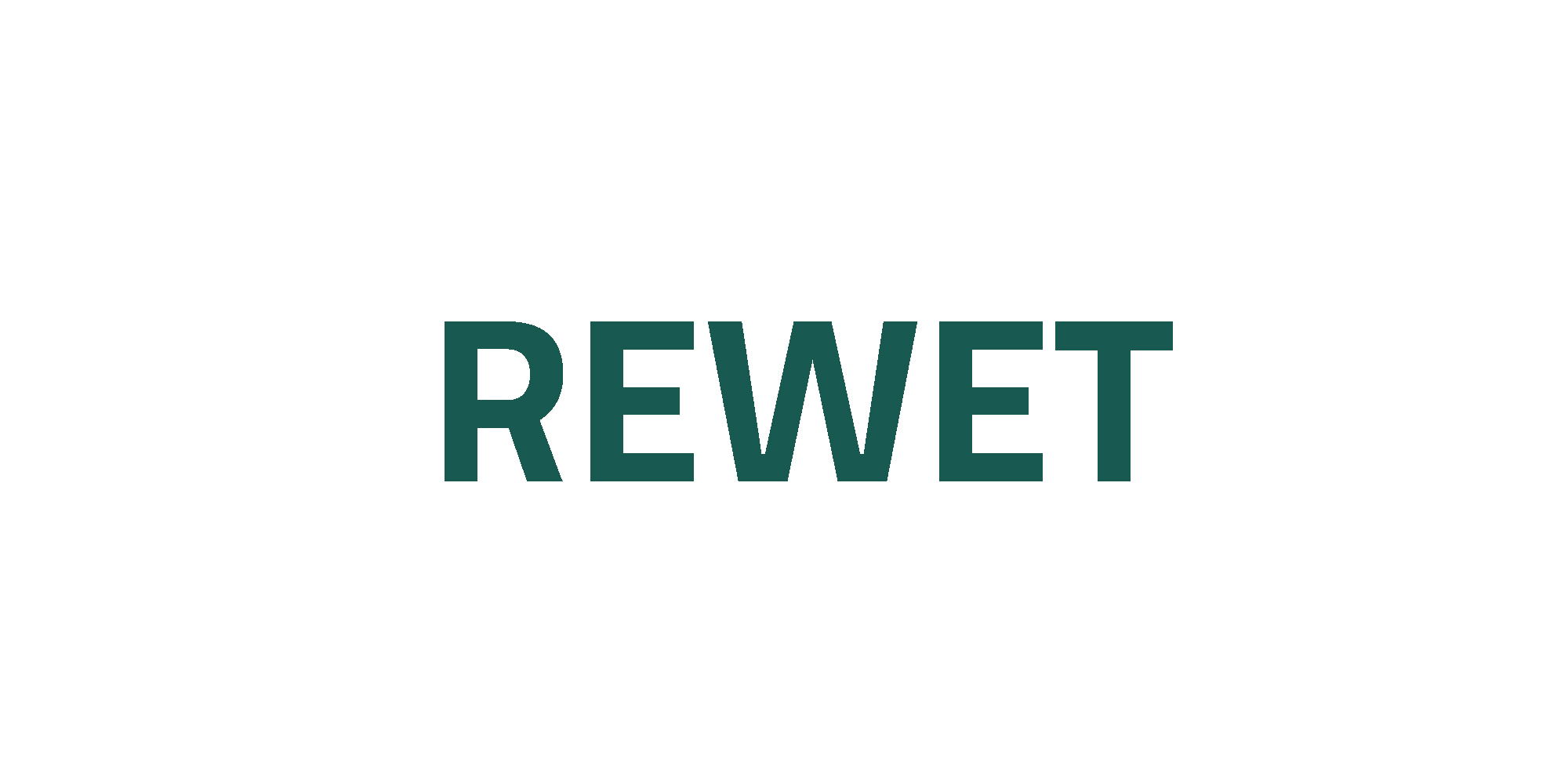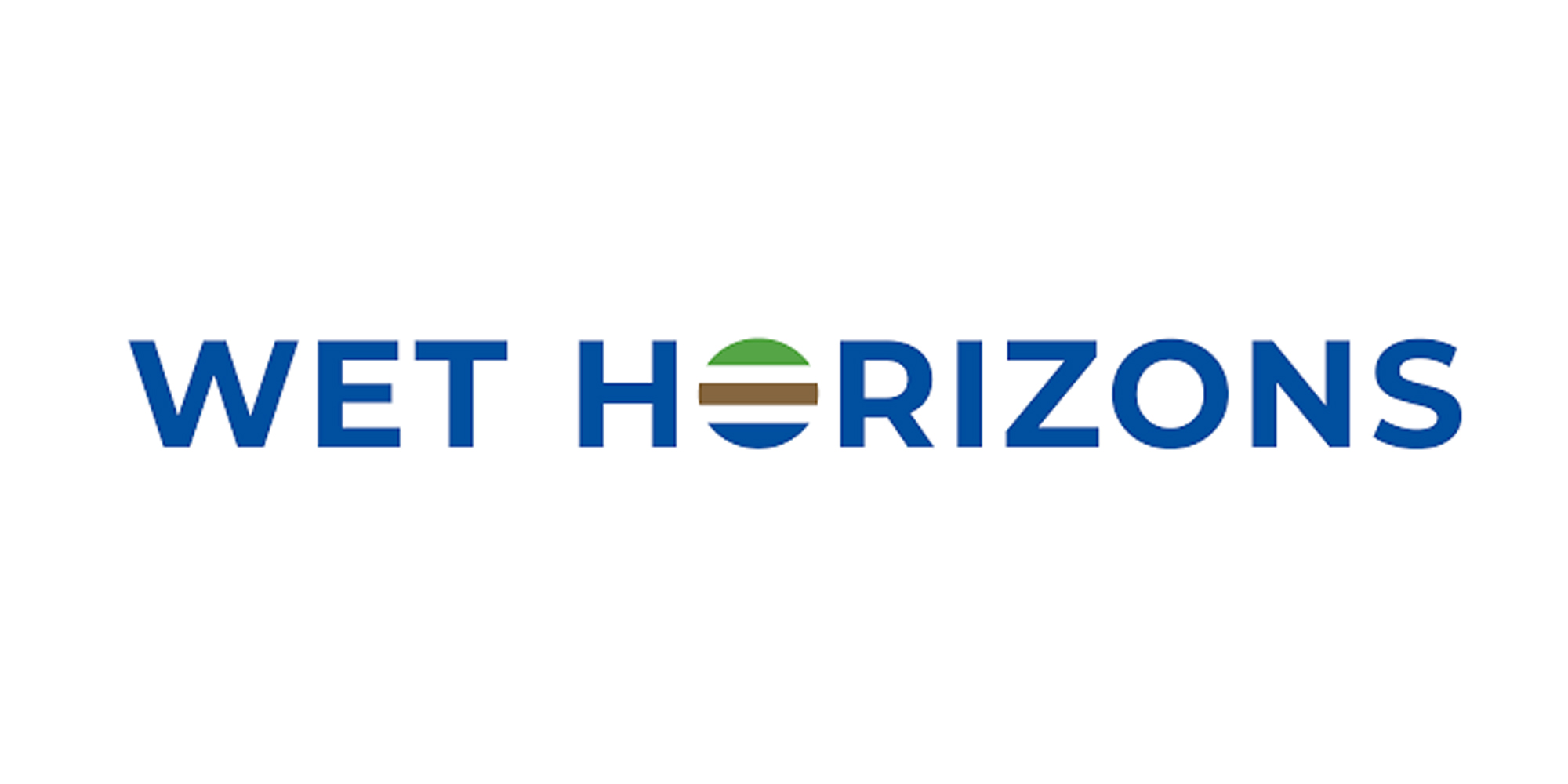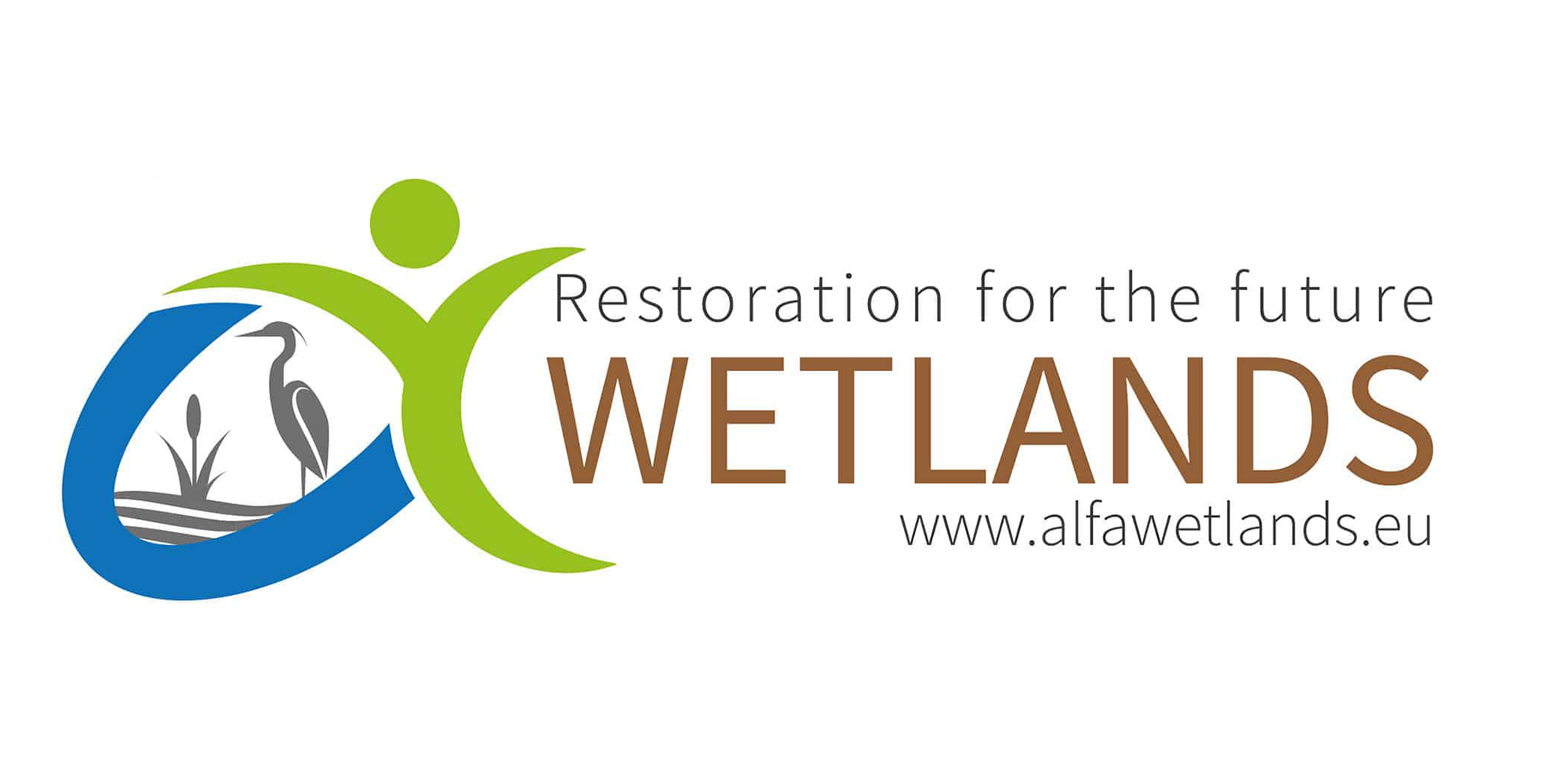Project
- Home
- About
About
Addressing climate change, biodiversity loss and habitat degradation towards a sustainable management of European wetlands
All major European Union (EU) policies recognise the key role of wetlands to achieve the EU objectives regarding climate neutrality, biodiversity protection, zero-pollution, flood protection, and circular economy. Therefore, assessing the current extent and state of European wetlands, their current and potential greenhouse gases (GHG) profile and their medium to long-term mitigation capacity through restoration, or other measures, are key priorities of the European Union to tackle climate change. Led by the University of Aveiro, the Horizon project RESTORE4Cs (Modelling RESTORation of wEtlands for Carbon pathways, Climate Change mitigation and adaptation, ecosystem services, and biodiversity, Co-benefits) will assess the role of restoration action on wetlands capacity in terms of climate change mitigation and a wide range of ecosystem services using an integrative socio-ecological systems approach.
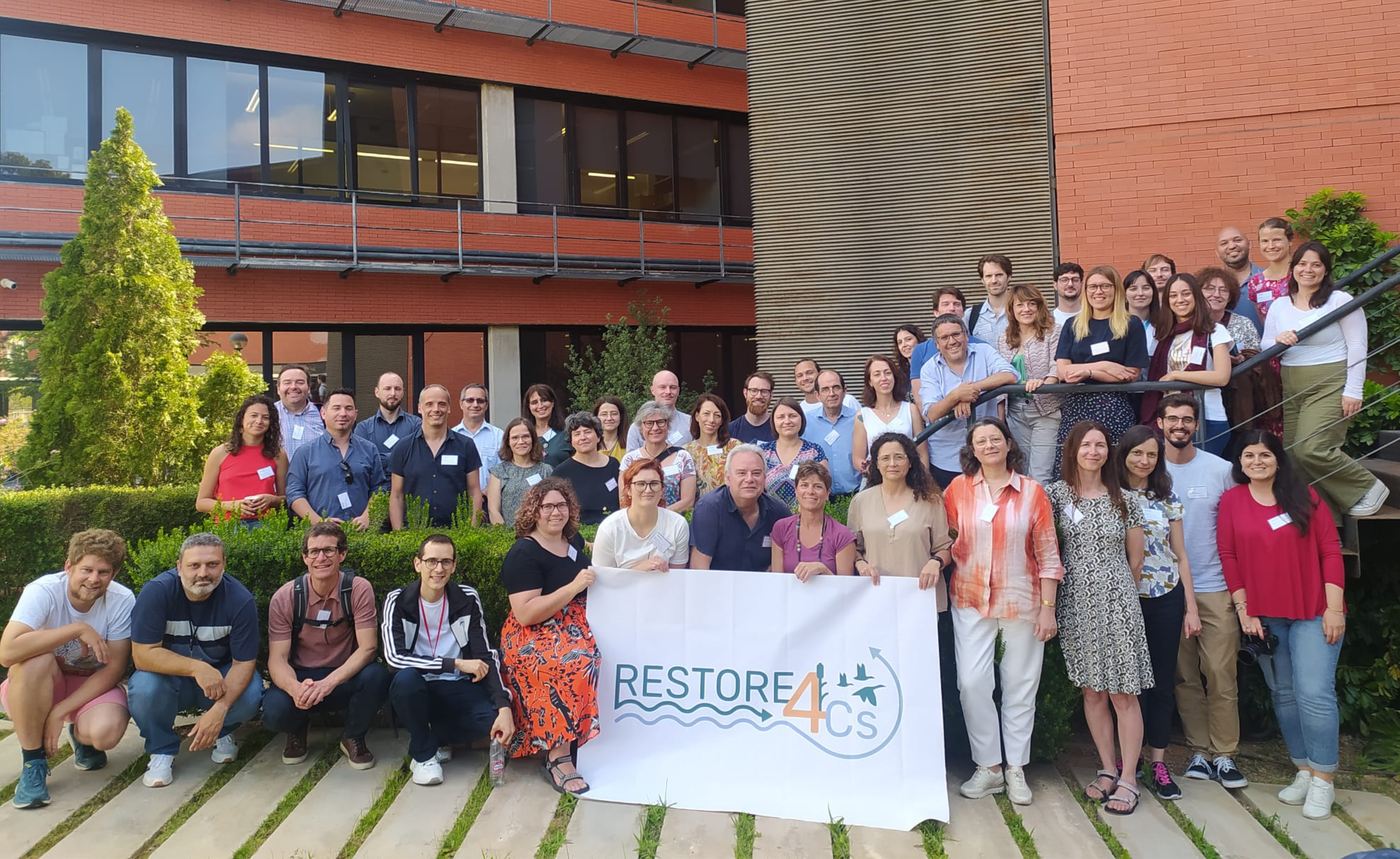
Key Data
Mission
Gathering effectiveness data on restoration and land use management actions on climate services and other ecosystem and socio-economic services thanks to six Case Pilot sites across European coastal areas, including wetlands in different conditions of conservation, and to meta-analysis.
Upscaling models and integrative assessment tools to wider geographical and ecological contexts (other wetland types, including floodplains and peatlands), using remote sensing and machine learning methods to develop an integrated status assessment of European wetlands.
Structuring a European Community of Practice (ECoP) by connecting institutions, policymakers, scientists and the general public on wetlands restoration to support the implementation of the new EU Nature Restoration Law of the EU BDS 2030 and to foster climate mitigation and adaptation solutions.
Co-designing a multi-actor approach for the project’s stakeholder interaction at the EU and local level and increasing the impact of existing cooperation.
Expected Results
Project results will be made available through a digital platform to serve as a Decision Support System (DSS) for stakeholders, that will steer project efforts as part of the newly created Community of Practice around wetland restoration for climate change mitigation, biodiversity, and other services. This online platform will provide stakeholders and wetland practitioners at all levels with more reliable estimation of cost and benefits to drive and prioritise wetlands restoration actions.
Moreover, social acceptability of wetland restoration will be explored; this approach will be paramount to ensure the long-term transdisciplinary perspective of wetland management, as restoration offers a positive opportunity to both secure wetlands’ inherent ecological, environmental, and social values and increase the local communities’ sustainability.
